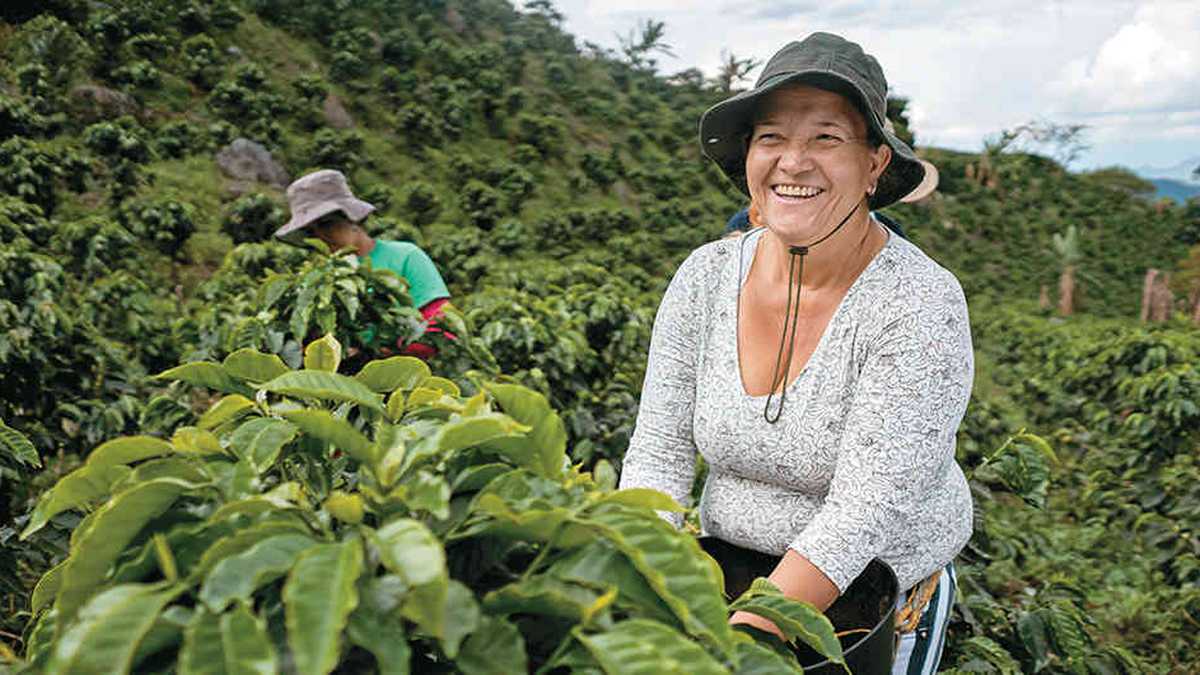In Colombia, there are over 6 million rural women, many of whom have had limited access to land due to conflict and structural policies that have historically concentrated the property of land in the hands of men. The signing of the Peace Agreement raised hopes to make this situation change, yet nothing is being accomplished.
According to reports the Gender in Peace Group – GPAZ, almost 5 years since the implementation of the Accord, only 20% of the gender measures contemplated in the compromises have been implemented timely and adequately. The slowdown in the implementation of the approach has been present since 2018, a situation coinciding with the mandate of the current government.
The follow-up made by GPAZ to the 109 gender measures distributed in the 6 points of the Agreement allow the demonstration that the 26% of the measures have not progressed, especially those contemplated in the points of the Integral Rural Reform and political participation, on their part, 50% of the measures show partial progress.
The Accord contemplates a total of 25 gender measures for Integral Rural Reform, of which only 3 have been implemented opportunely: 1) participation of women in the process of building Development Programs with a Territorial Approach, 2) quality technical assistance service and participatory and community assessment taking into account the participation of women and 3) the implementation of a plan to support and consolidate the generation of income from the peasant, family and community economy allowing women to overcome barriers access to financing.
In total, 84% of gender measures for the implementation of point 1 have not progressed or are only partially made. There is a special concern because of the delays in access to land for women, the creation of the Agrarian Jurisdiction with special training for women on their rights, housing solutions with a differential approach, increasing technical and university places in rural areas, promoting pregnancy protection schemes and medical attention for newborns.
Regarding access to land, of the 71,500 requests in the Register of Planning Subjects (tool where people benefiting from access and formalization of possession of land are registered) only the right to access to land has been guaranteed to 265 women, being 0.3% of the total applicants.
A total of 1,120,328 hectares were formalized, 30.4% of the amount corresponding to female holders, 69.3% to men and 0.3% to couples. It is important to remember that 99% of the areas were formalized before 2017, which means that [this formalization] does not respond to the management of the ANT as part of the implementation of the Agreement.
The current security crisis in the country deepens the limitations of women’s access to land, there is no point in women having access to land if they and their families are going to be displaced. It is necessary to guarantee security for permanence in the territories and to effectively implement the Peace Agreement, we want the next government to be careful of its compromises.

